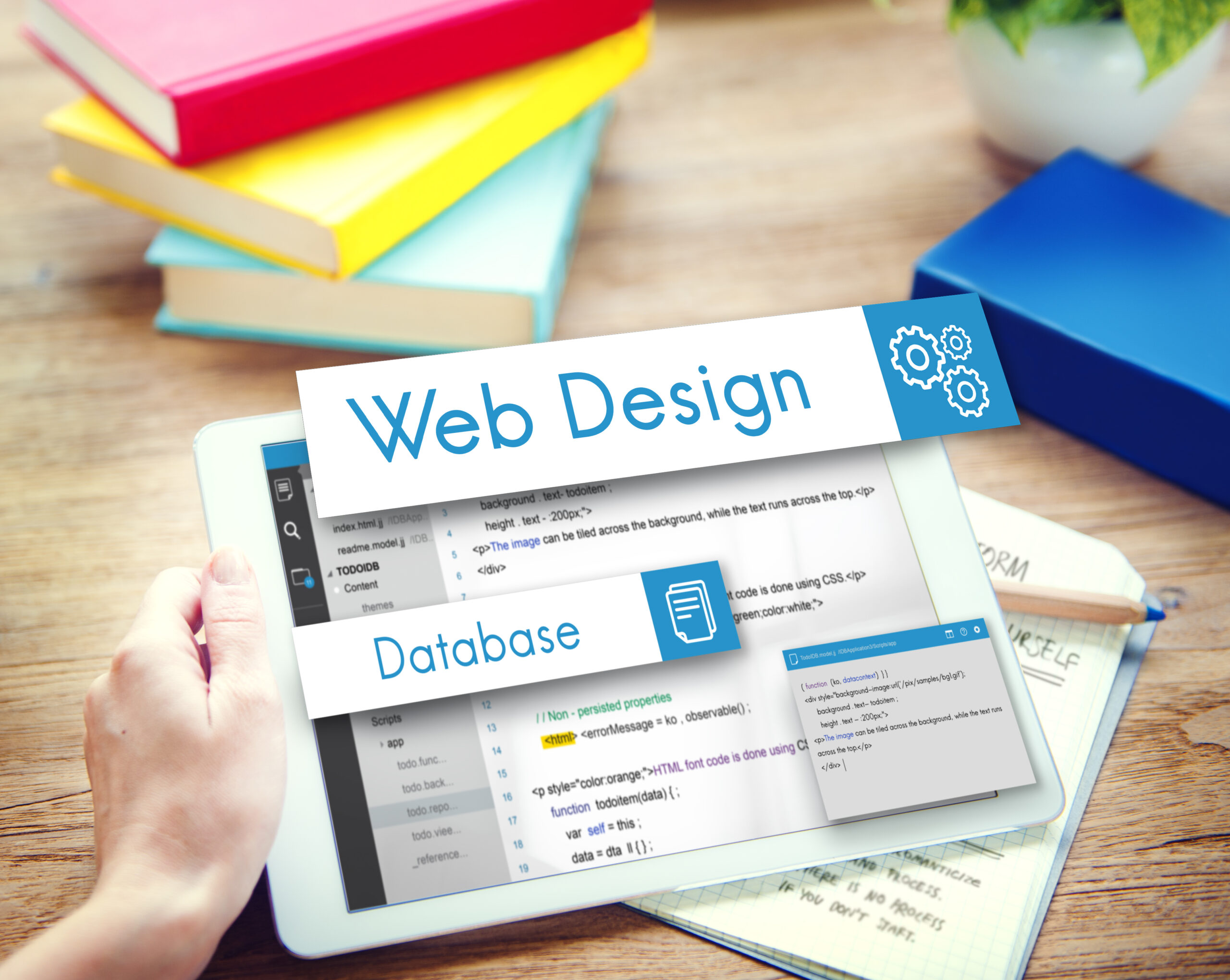When it comes to creating a website, there are many platforms available to choose from. Two popular options are Wix and WordPress. Both platforms offer powerful features and tools that can help you design and build a professional-looking website. In this article, we will compare Wix and WordPress for website design and explore their pros and cons.
Wix: User-Friendly Website Design
Wix is known for its user-friendly interface and drag-and-drop website builder. It is a great choice for beginners or those who don’t have any coding experience. With Wix, you can choose from a wide range of templates and easily customize them to fit your brand and style. The platform offers a variety of design options, including fonts, colors, and layouts.
One of the advantages of using Wix is that it takes care of hosting and security for you. You don’t need to worry about finding a hosting provider or managing security updates. Wix also provides a mobile-friendly version of your website, ensuring that it looks great on all devices.
However, Wix does have some limitations. While it offers a lot of design flexibility, it may not be as customizable as WordPress. If you have specific design requirements or want to add custom functionality, you may find Wix’s options limited. Additionally, Wix is a closed-source platform, which means you have less control over your website compared to WordPress.
WordPress: Powerful and Flexible
WordPress is a content management system (CMS) that powers over 40% of websites on the internet. It is known for its flexibility and scalability, making it a popular choice for businesses and individuals alike. With WordPress, you have complete control over your website’s design and functionality.
WordPress offers a wide range of themes and plugins that allow you to customize your website to meet your specific needs. Whether you want to create an online store, a blog, or a portfolio website, WordPress has the tools to help you achieve your goals. The platform also provides extensive documentation and a supportive community, making it easier to learn and troubleshoot any issues you may encounter.
One of the advantages of using WordPress is its SEO-friendly nature. WordPress websites are designed to be search engine friendly, and there are numerous plugins available to help you optimize your site for better search engine rankings. This can be a significant advantage if you want to attract organic traffic to your website.
However, WordPress does require some technical knowledge to set up and manage. You will need to find a hosting provider, install WordPress, and regularly update your themes and plugins to ensure security and performance. If you are not comfortable with these tasks, you may need to hire a developer or consider using a managed WordPress hosting service.
Choosing the Right Platform for Your Website
When deciding between Wix and WordPress for your website design, it’s essential to consider your specific needs and goals. If you value ease of use and don’t have any coding experience, Wix may be the better option for you. On the other hand, if you want more control over your website’s design and functionality and are willing to invest time in learning and managing WordPress, it can provide you with greater flexibility and scalability.
Ultimately, the choice between Wix and WordPress depends on your individual requirements and preferences. Both platforms have their strengths and weaknesses, and it’s important to weigh them against your specific needs. Whether you choose Wix or WordPress, with the right approach and dedication, you can create a stunning website that represents your brand and attracts visitors.
In conclusion, Wix and WordPress are both powerful platforms for website design. Wix offers a user-friendly interface and takes care of hosting and security, making it suitable for beginners. WordPress, on the other hand, provides more flexibility and control over your website’s design and functionality but requires some technical knowledge. Consider your needs and goals to choose the platform that best suits your requirements.

